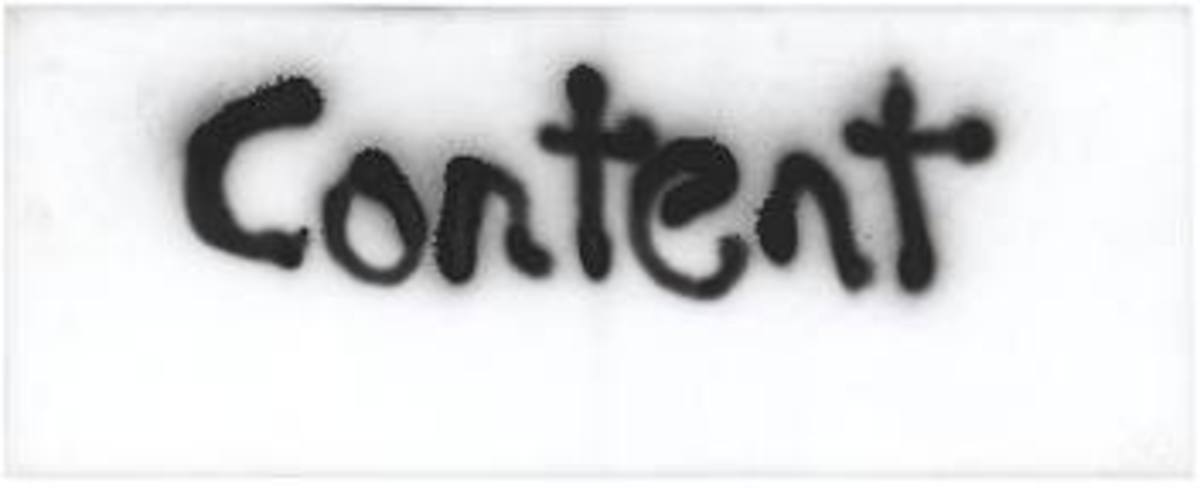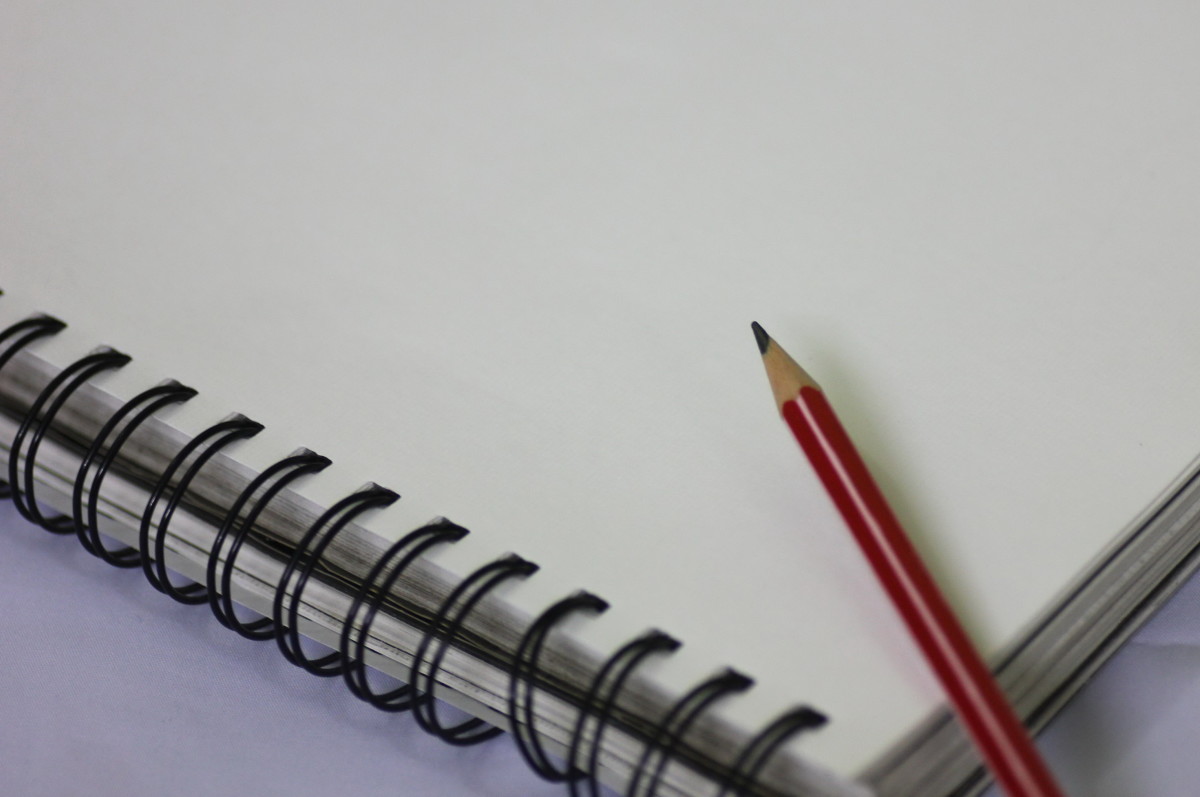- HubPages»
- Books, Literature, and Writing»
- Commercial & Creative Writing»
- Making Money as a Writer
Write About What You Don't Know
Research, Research, Research
One bit of advice regularly given to new writers is to: Write what you know. This, on the surface, seems a sensible recommendation, but I disagree.
I am now getting a little long in the tooth, though I’ve lost most of them to be replaced by plastic. Age gives time to gain knowledge and so I could claim, through experience and in the subjects in which I’ve worked, to possess a great deal of this knowledge thing. The problem is that things change.
When I first started writing, as a boy still at school, without the inclination to become a professional writer, just driven to write, it was pen and paper. To possess a typewriter was a dream. The electric typewriter replaced the manual typewriter and that was replaced by the first home computers running operating systems like GW Basic. Applications were called programmes. Pages were printed on a dot matrix printer so noisy you needed to wear ear protectors. Then, for the P.C. along came Windows and Windows now is nothing like the original. A Mac was then beyond my pocket.
Everything changes. I have a background in engineering, especially rail-track engineering. Jointed bullhead rail tied into shoes with keys on wooden sleepers is replaced by continuous welded flat-bottom rail on sitting on seats pegged to concrete sleepers and the technicalities continue to evolve. What is the point of me writing an article on track design using bullhead rail, other than for a historical rail magazine.
The point of writing, as a professional working writer, is to get paid for what you write which in turn means that you need to write with a purpose, for a specific outlet, producing what that outlet (customer) might require.
So, I could write an article on bullhead track design for a historical rail magazine, or could I? What have I forgotten? Was the process the same in all regions of England, or as in America, as in Australia, as in Germany? Now there’s an idea, a comparison article.
The credibility of any working writer is based on the fact that you get your facts rights. You cannot rely on what you know, or what you think you know because all too often what you think you know is out-dated, superseded or at the very least, only partial knowledge. Every fact, even those you think you know, must be checked and verified. The rule is to know what you don’t know.
We writers, by out nature, are an opinionated bunch. What we write would be pretty dull if it didn’t profess an opinion because opinions create interest, sometimes controversy and this is good because it justifies the time the reader has taken to read what you’ve written. Think on this. Nobody likes to feel they’ve wasted their time and it takes time to read anything.
But opinion is based on an interpretation of facts and these facts need to be tested against opposing facts. There are things I intended to write but didn’t when my opinion on that subject was tested against opposing facts. Be opinionated, but always keep your mind open enough to accept that your opinion may be wrong.
So, the advice to write what you know should be reworded to, know what you write, but there is an additional element to this advice.
To have any hope of earning a living as a working writer you will need to produce a considerable volume of work. Forget the novel for a moment as a novel can take years to write then more years to get published. Periodicals and magazines are veracious devourers of articles and shorts and neither you, me, or anybody else knows enough to keep this monster fed.
You simply cannot rely on writing what you know because you will simply run out of things to write. So write what you don’t know, which means research. But you need to research what you know just to check that what you think you know if correct. Research is the lifeblood of any working writer because first, gaining a reputation for ensuring each and every fact in any article is correct will lead to the acceptance of further articles. Actually this is incorrect. Editors expect that any fact included in any submission has been checked and verified before submission. It is part of the job description of being a writer. Only those that make submissions containing incorrect facts get a reputation for doing so, which is one you want to avoid at all costs.
Secondly, research into one subject will turn up information that can be used in yet another article, or maybe more.
Then there comes the time when an editor phones you with a commission, or before this, a request for an article of so many words on a given subject. This may include the angle required and other specifics, but with a promised fee as long as the content is acceptable. Would you really turn down this opportunity because you know nothing about that subject? Do I and did I when commissioned to ghost write a whole book on a subject I knew nothing about? You guess the answer.
Think on. I make no claim to know anything not known by thousands of other people. If they already know these things, they will not be interested in reading more, but they will be interested in reading what they don’t know, or in reading something that adds to what they already know. These are the people that buy the magazine on whatever subject that may be and the editors of that magazine are always looking for something new and this means something they don’t yet know.
The simple fact is that the advice to write what you know is all very good when you first put pen to paper, but what you think you know might not be absolutely correct and even if it is, you will soon run out of subjects to write about. In addition, each subject has a small list of specific publications and if you limit yourself to writing what you know, you can only write for these publications.
The conclusion is that the advice to write what you know is limiting and restrictive to the career of a working writer. It misses the point that you need to ensure you know what you write when writing what you think you know and so the advice here, and it is an opinionated opinion, is that you should write what you don’t know.








